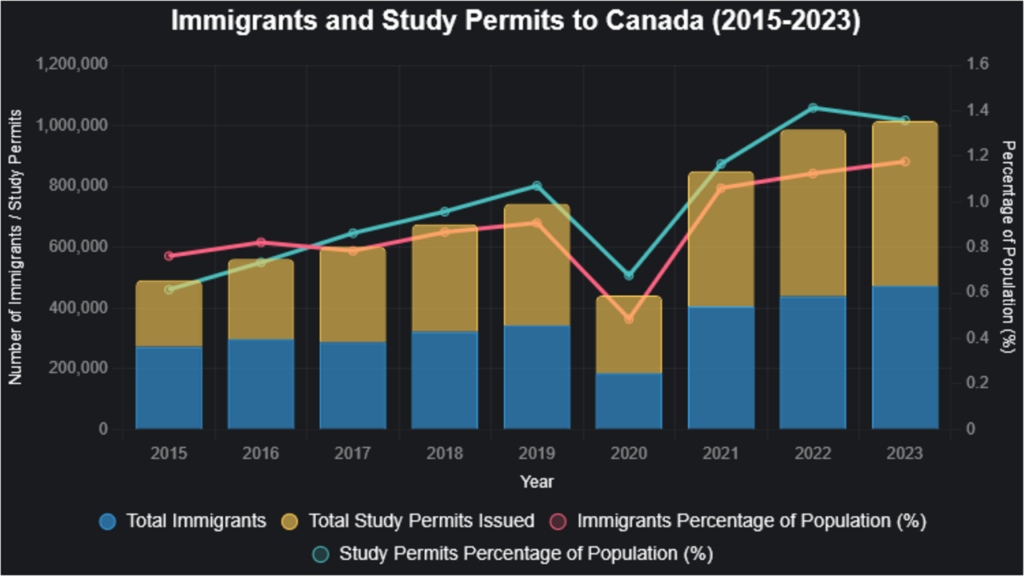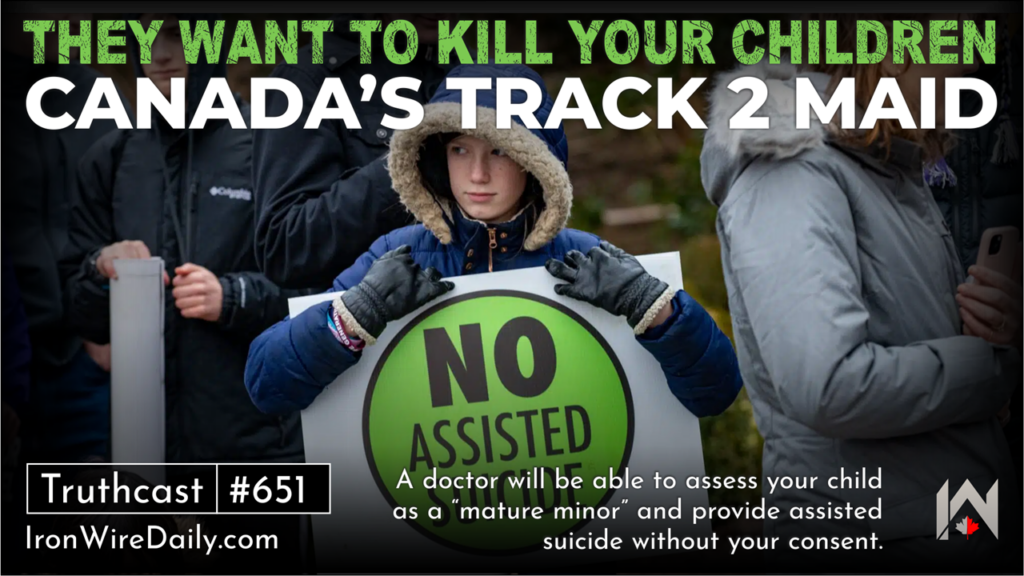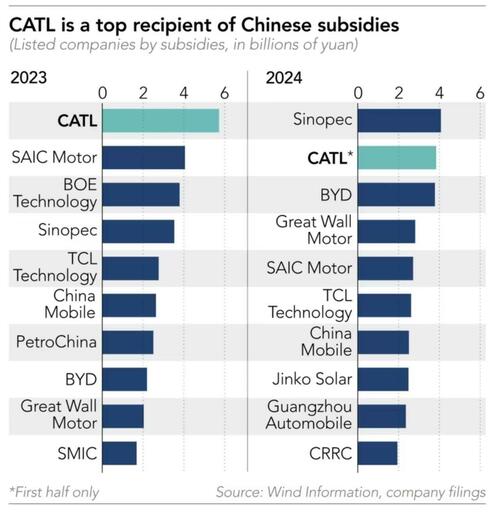HPV Vaccine Increases Risk of Autonomic Dysfunction and Menstrual Irregularities in Young Women

Source: Children’s Health Defense
Adolescent girls and young women who get the HPV vaccine face an increased risk of developing both autonomic dysfunction, such as postural orthostatic tachycardia syndrome (POTS), and menstrual irregularities, researchers from the University of Maryland found.
“These risks are not insubstantial,” the authors wrote. After adjusting for age, girls and young women in the study cohort had a 23% higher chance of being diagnosed with autonomic dysfunction and a 30% higher chance of being diagnosed with menstrual irregularities, TrialSite News reported.
Lead authors Linda Wastila, Ph.D., director of research for the university’s Peter Lamy Center on Drug Therapy and Aging, and Yu-Hua Fu, PharmD, published their findings Tuesday in the peer-reviewed journal Drugs – Real World Outcomes.
Dr. Sin Hang Lee, a pathologist and expert in molecular diagnostics and human papillomavirus (HPV) vaccine researcher, told The Defender the study is significant because it’s the first self-controlled case study in the U.S. showing an association between HPV vaccination and autonomic dysfunction and menstrual irregularities.
“As we know, this kind of research has been suppressed in the past for a variety of reasons,” Lee said. Lee, an expert witness in the ongoing lawsuit against Merck, presented his research on Gardasil’s effects on the immune system. The lawsuit alleges Merck misrepresented the safety of its Gardasil vaccine.
Children’s Health Defense Senior Research Scientist Karl Jablonowski, Ph.D., said this new study provides strong evidence for its findings. The study was well-designed with a large cohort size, he said, and “no data source is perfect, but claims data are among the least biased.”
“These results validate the millions of Americans who were injured by the HPV vaccine while the media, the public health agencies and the doctors dismissed the possibility that the vaccine could injure,” Jablonowski said.
The authors said their robust methods offer valuable insights into HPV vaccine safety and indicate that providers should pay careful attention to symptoms in patients up to six months after vaccination.
“Our findings suggest that patients should be encouraged to consult with their primary healthcare providers to discuss the potential risks and benefits of HPV vaccination,” they concluded.
Their advice contradicts HPV vaccination advocates and public health agencies, which encourage physicians to use the “announcement approach,” which leads to greater vaccine uptake.
In this approach, providers skip any discussion of the risks and benefits of the HPV vaccine. Instead, they presume the family wants their child vaccinated and simply announce that they will receive it as part of their routine office visit.
Study adds to growing body of research on Gardasil’s dangers
The University of Maryland researchers analyzed insurance claims data from 78,238 commercially and publicly insured young women, ages 9 through 26, who received a first HPV shot between 2016 and 2020.
Using a self-controlled case series method — where each individual functions as its own control — they compared the young women’s conditions during the six months before they were exposed to the shot with a post-vaccination risk window of up to 36 months.
They identified 1,654 women with autonomic dysfunction and 3,140 with menstrual irregularities, both of which were statistically significant safety signals.
The younger cohort was at higher risk for menstrual irregularities than the older cohort. They hypothesized that the difference may be because the rapid and significant changes associated with puberty make younger girls more vulnerable to the vaccine.
The researchers said that although “a large body of evidence supports the efficacy and safety of HPV vaccination,” their study was motivated by “emerging work” that “has begun to question long term adverse effects.”
They said there has been limited research investigating the safety of the vaccine, but that in recent years, a growing body of research has linked the vaccine “to chronic and potentially disabling side effects, such as those affecting the autonomic and reproductive systems.”
Safety signals evident during Gardasil clinical trials
A link between the HPV vaccine and premature ovarian failure, also known as primary ovarian insufficiency — of which irregular menstrual patterns is a key symptom — has long been suspected.
Although many vaccine recipients have reported symptoms of these disorders, research into the link has been limited, particularly in the U.S. The studies that do exist showed no elevated menstrual risks associated with the vaccine. However, the authors said these studies had “notable limitations.”
Previous research has also linked the HPV vaccine to autonomic dysfunction, including one of the most prevalent types — POTS. POTS is a chronic and disabling condition characterized by dizziness, chronic fatigue, brain fog, chest pain, tachycardia and other symptoms.
Research into the relationship between the HPV vaccine and POTS — including research by Merck, which makes the only HPV vaccine available in the U.S. — has provided mixed results.
Concerns about the link between the HPV vaccine and autonomic dysfunction have circulated among researchers, regulators and vaccine-injured people for well over a decade.
Safety signals were already evident during Gardasil’s clinical trials. By 2013, researchers were noting the “unusually high frequency of adverse reactions related to HPV vaccines reported worldwide.”
Regulators who looked into the issue and declared no link between Gardasil and POTS, among other neurological conditions, were accused by The BMJ in 2015 of mishandling the investigation.


This article was funded by critical thinkers like you.
The Defender is 100% reader-supported. No corporate sponsors. No paywalls. Our writers and editors rely on you to fund stories like this that mainstream media won’t write.
Multiple lawsuits allege Merck knew about risks, failed to warn public
Over the last several years, hundreds of plaintiffs who suffered debilitating injuries after taking the Gardasil shot have filed lawsuits against Merck in state and federal court.
Using one of the few legal mechanisms allowing injured people to sue vaccine-makers directly, the lawsuits allege that Merck knew Gardasil carries multiple risks, including ovarian failure and POTS, but failed to warn the public.
The first case to go to trial in state court in California is on hold. The lawsuits in federal court were combined into a multi-district litigation. In March, a federal judge ruled in Merck’s favor before the trial even got underway, saying the company didn’t have the authority to add warnings to its label. Plaintiffs are appealing the ruling.
Expert reports made public in both trials, however, showed that Merck and regulators cherry-picked data to claim there was no link between Gardasil and POTS. They also showed that the company did not disclose an additional, aluminum-based adjuvant, present in the vaccine.
Another expert report from Danish physician and world-renowned research methodologist, Dr. Peter C. Gøtzsche, concluded that Merck manipulated its data to such an extent that it would be “difficult if not impossible” for any independent scientist — or even government regulators — to accurately assess the vaccine’s harms.
Gardasil is recommended for all boys and girls starting at age 11 and through age 26, although it can be started at age 9, and for some adults ages 27 through 45.
Related articles in The Defender:
- Merck Knew Gardasil Contained Unapproved Ingredient but Didn’t Tell Public
- ‘Indefensible’: Merck Designed Gardasil Trials to Mask HPV Vaccine Harms
- CDC Relied on Cherry-picked Data to Claim No Link Between Merck’s Gardasil Vaccine and POTS
- Plaintiffs Will Appeal Ruling in Merck Gardasil Vaccine Injury Case
- Breaking: Federal Judge Hands Merck Win in Key Gardasil HPV Vaccine Case
- Merck to Face California Jury as ‘Historic’ Gardasil HPV Vaccine Trial Gets Under Way
- Gardasil’s Long Shadow of Autoimmunity Confirmed — Again — by New Study













